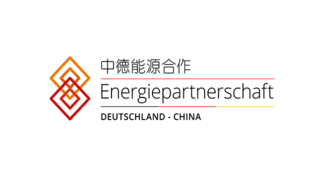Security of Supply in the German Electricity Sector
Keywords: Energy Transition, Security of Supply, Renewable Energy, Flexibility Measures | Study published: May 2022
The German energy transition (‘Energiewende’) sets out to shift the entire energy system away from fossil and nuclear fuels to climate-neutral energy carriers within one generation. These include electricity based on renewable energy (RE) as well as green hydrogen and hydrogen derivatives. The transition also entails several challenges for security of supply and energy affordability. This report summarizes recent and current measures policy makers have undertaken to ensure security and improve affordability.
Although the wholesale electricity price in Germany increased considerably, the public support and faith for German energy transition has never changed. And to accelerated energy transition and renewable energy development has even become the solution for Germany to achieve supply security.

- Urgency of Renewables: Accelerating the adoption of renewables can reduce reliance on imported fossil fuels, enhancing energy security.
- Importance of Flexibility: Energy systems need flexibility measures, such as energy storage and demand-side management, to integrate high shares of variable renewables.
- Market Design Importance: Adapting market designs to incentivize flexible generation and storage is crucial for a successful energy transition.
The study is a result of the Climate and Energy Partnership

